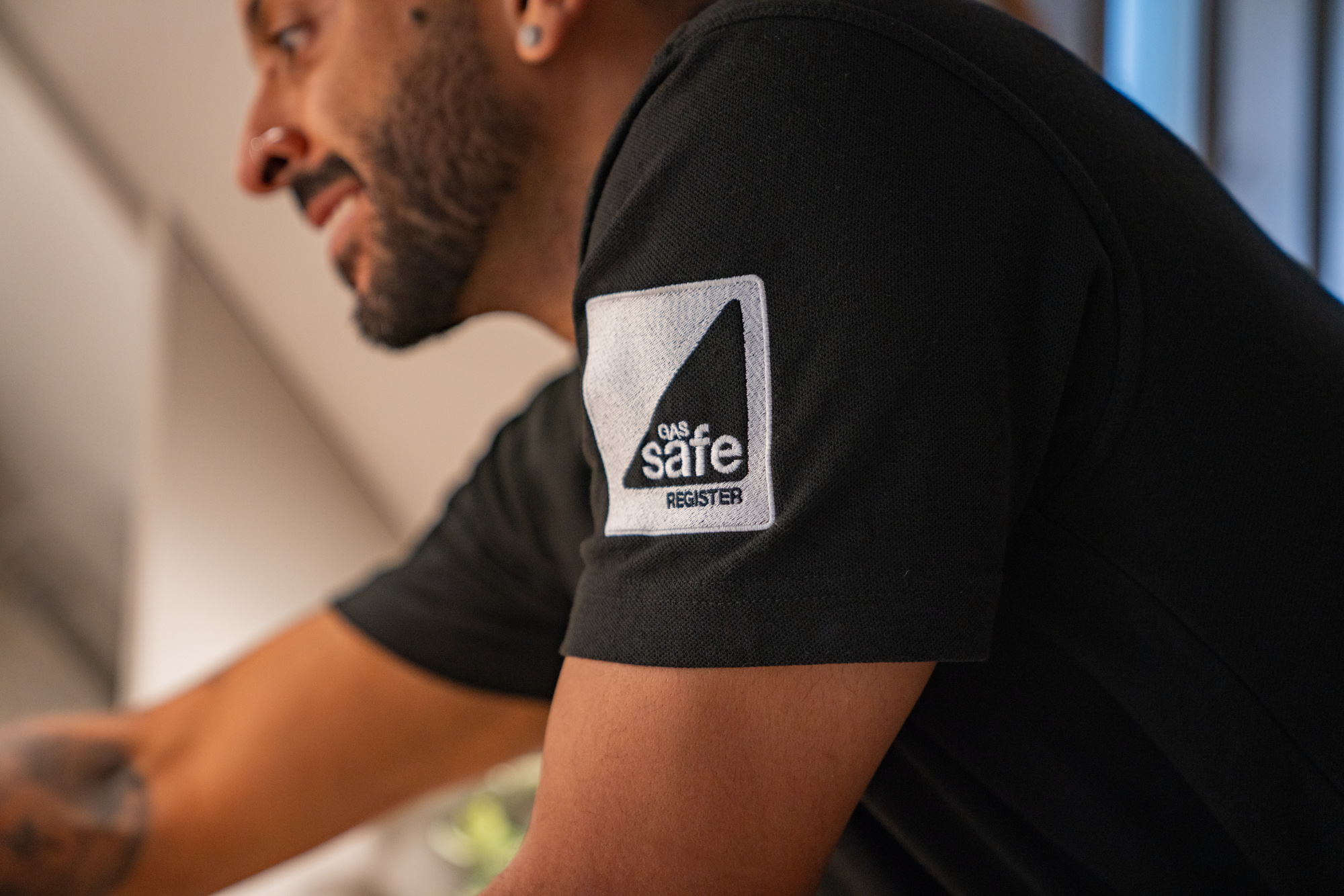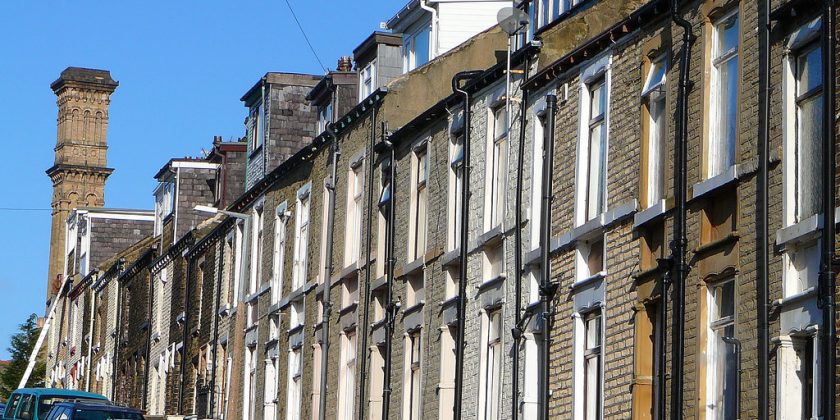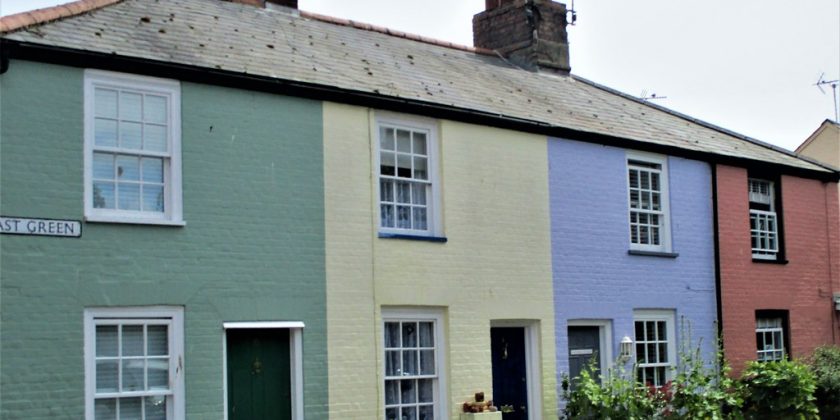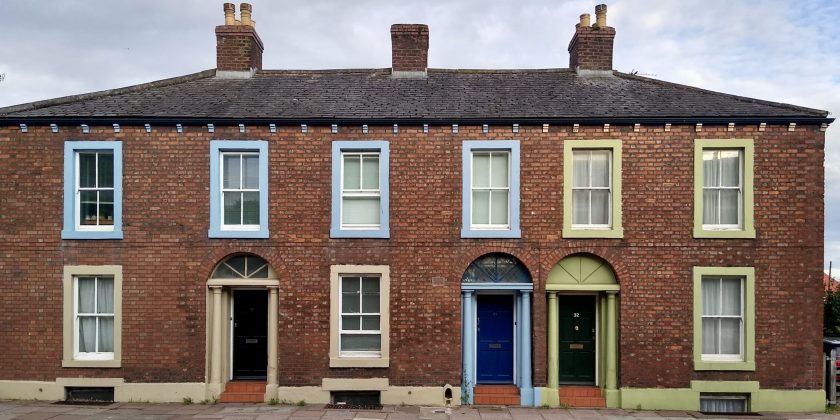With rules for carbon monoxide and smoke alarms recently updated, it is fundamental that landlords stay informed to remain compliant and keep their tenants safe.
According to the National Health Service (NHS), when fuels from gas, wood, coal, and oil fail to completely burn, carbon monoxide is made.
Properties that have inadequately installed or faulty boilers, gas fires cookers, and central heating systems are in danger of being exposed to carbon monoxide.
As a lethal gas that is impossible to see, taste, or smell, a person’s senses cannot establish whether the gas is present. Carbon monoxide alarms are the only preventative measure that can alert people of its presence.
New legal requirements
Since October 2015, landlords have needed to follow the Smoke and Carbon Monoxide Alarm Regulations 2015.
These rules outline that one smoke alarm must be installed on each level of the property in addition to a carbon monoxide alarm in all rooms that contain fuel-burning appliances such as coal fireplaces.
On November 23 2021, the government responded to plans to update the rules for smoke and carbon monoxide alarms. These new rules aim to improve standards and increase safety within homes.
This means if alarms have a fault, landlords who form part of the social and private rented sectors must repair and replace these right away.
These changes will be brought forward through the Smoke and Carbon Monoxide Alarm (England) Regulations 2015 and the statutory guidance (Approved Document J) supporting Part J of the Building Regulations.
Lifesaving landlord duties
As the owners of the property, landlords are responsible for the safety of tenants. With roughly 60 people living in England and Wales dying each year due to carbon monoxide poisoning, landlords must put preventative measures in place to safeguard tenants.
Carbon monoxide alarms are low-cost lifesaving devices that detect if the poisonous gas is being emitted at an early stage. They range from roughly £15 to £60. Combination alarms are on the pricier end of the spectrum but overall, these are a worthwhile investment.
Getting these installed is one step – however, it is still easy for misfortunes to occur. If a smoke alarm is in the wrong location, it is faulty or the battery has run out, people living in the home are at risk.
If carbon monoxide is detected, registered technicians should carry out the appropriate replacements and checks. Also, regular appliance tests across the home will keep tenants out of danger and save money in the long term.
To monitor the electrics in a property an electrical installation condition report can be conducted by a professional. We recommend that once a year all fuel-burning appliances are vigorously checked by professionals.
As another emitter of carbon monoxide, gas boilers and general gas safety in homes should be tested every 12 months. At Propcert, we have a range of gas safe engineers who can complete gas safety certificates and other gas services.
Landlords who follow these new rules will make being indoors far safer as it will stop preventable deaths and long-term health problems amongst tenants.
For a full list of services please click here and contact us here for any more information on what we provide.



